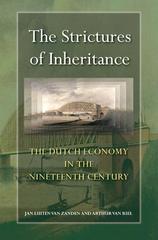Question
The 1981-82 recession was preceded by a sharp decrease in the nominal money supply. (a) (8 points) First, let's analyze this event from a real
The 1981-82 recession was preceded by a sharp decrease in the nominal money supply. (a) (8 points) First, let's analyze this event from a real business cycle perspective and assume that the classical dichotomy applies. Using the intertemporal model, show graphically how a decrease in the nominal money supply would affect output, employment, real wages, the real interest rate and the price level. What happens to consumption and investment? (b) (10 points) Next, let's analyze this event from a Keynesian perspective. Using the sticky price version of the Keynesian model, show graphically how a decrease in the nominal money supply would affect output, employment, real wages, the real interest rate and the price level. What happens to consumption and investment? Your answers should be for the short run, with the price level held fixed. (c) (2 points) Under which perspective, the classical or Keynesian, is it more plausible to conclude that the 1981-82 recession was caused by a money supply decrease? Briefly explain.
Step by Step Solution
There are 3 Steps involved in it
Step: 1
Lets analyze this question stepbystep from both the Real Business Cycle RBC perspective and the Keynesian perspective a Real Business Cycle RBC Perspective 1 Assumption Classical Dichotomy Under the c...
Get Instant Access to Expert-Tailored Solutions
See step-by-step solutions with expert insights and AI powered tools for academic success
Step: 2

Step: 3

Ace Your Homework with AI
Get the answers you need in no time with our AI-driven, step-by-step assistance
Get Started


